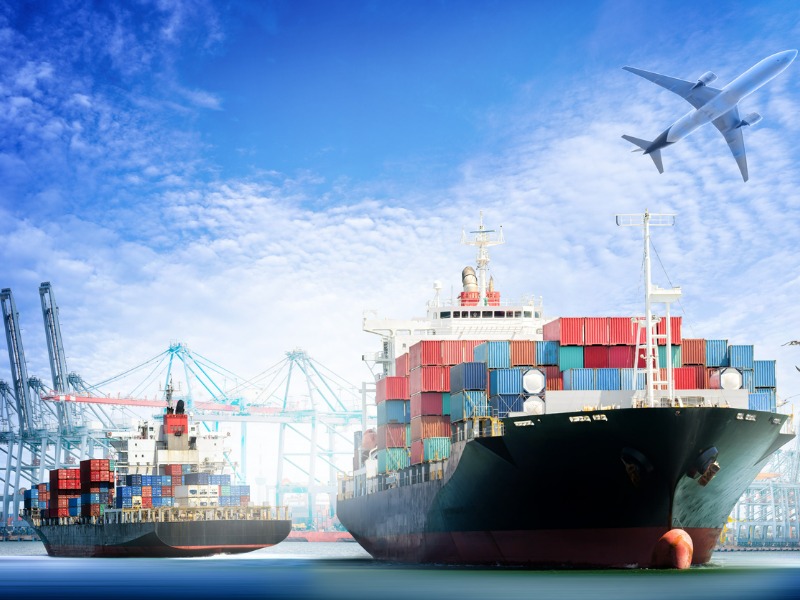
Global supply chains face disruptions from the ongoing conflict in the Red Sea, which transmits an estimated 40% of trade between Asia and Europe, but the credit effects of these disruptions will be mixed, according to DBRS Morningstar.
In a new report, the rating agency assessed the effects of escalating conflict in the Red Sea, which has seen commercial ships attacked in the region, prompting military responses from the U.S. and its allies.
“Given the uncertainty of the situation, many global shippers are actively rerouting cargo ships through the Cape of Good Hope, which extends transit times, increases transportation costs, and creates strains on the global supply chain,” the report said. These effects may be exacerbated by increased demand ahead of Lunar New Year celebrations in China on Feb. 10, it added.
The firm said the conflict is modestly negative for retailers but supportive for the air and sea cargo industries, and neutral for manufacturers.
“While disruptions to the global supply chain in the Red Sea have and will continue to negatively affect consumers and enterprises around the world, logistics providers have become far more agile over the last several years and are in a much stronger operating position to navigate the current situation,” the report said.
That said, retailers will likely see a temporary negative effect on inventories from shipping delays, it noted.
“We expect any effects on inventories to be more pronounced as it relates to bulk furniture and appliances as well as mass market apparel and general merchandise. These are all product categories that are largely manufactured in Asia and, unlike some more luxury goods, cannot be shipped economically via air cargo,” it said.
Shipping delays will also impact capital goods companies, which are heavily dependent on shipping by sea.
However, the report noted that “the industry has grown agile after three years of supply chain bottlenecks,” with recent trends such as “reshoring” and “nearshoring” reducing the risk from disruptions.
For the shipping industry itself, the conflict has resulted in an increase in prices, the report noted, while also enabling firms to deploy vessels that had been idle and increasing capacity, which is driving increased profitability in the short term.
Similarly, the disruption could “provide a modest tailwind” to the air cargo sector, the report said, even though there are differences in the type of cargo shipped by sea versus the kind of goods shipped by air.
Instead of a large jump in airfreight volumes, DBRS expects a “slow, steady impact . . . may occur, especially if a resolution takes months, rather than weeks.”